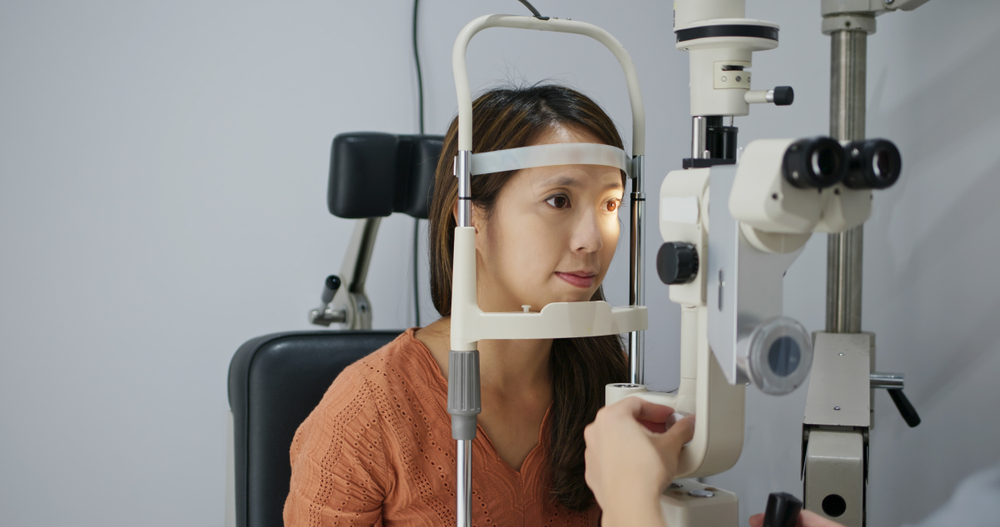
The power of prevention is about taking proactive measures that allow us to identify potential health issues before they become serious problems. It supports a more holistic and integrated approach to healthcare, where the focus is not just on treating diseases but also on preventing them.
The Key to Prevention
The key to prevention is regular eye exams. They are an incredibly revealing window into our overall health. The eyes offer a panoramic view of the body's systemic health. They provide crucial insights into numerous health conditions, from diabetes and hypertension to autoimmune disorders and even cancer.
Eye exams do not only assess your visual acuity but also determine whether you need glasses or contact lenses. They also involve a thorough inspection of your eyes' structure and function, which can reveal signs of systemic diseases that may not yet have other symptoms. In many cases, these diseases can be managed or even prevented from progressing with early detection and treatment.
Regular eye exams are therefore an essential preventive healthcare measure. They help to ensure that your eyes are healthy and that your vision is optimal. But more importantly, they serve as a critical early warning system for various hidden health problems that could otherwise go unnoticed until they've advanced and become more challenging to treat.
How Eye Exams Detect Hidden Health Problems
The eyes are unique in that they are the only place in the body where doctors can directly observe blood vessels, nerves, and connective tissues without surgery or other invasive procedures. This accessibility allows optometrists to spot early signs of systemic diseases during an eye exam.
For instance, optometrists can detect signs of diabetes by observing changes in the blood vessels in the retina, the light-sensitive layer at the back of the eye. They can also identify early signs of high blood pressure by looking for narrowing or kinking in the retinal vessels. Similarly, signs of autoimmune diseases like rheumatoid arthritis or lupus can manifest as inflammation in various parts of the eye.
Certain eye conditions can indicate more serious underlying health problems. For example, a sudden onset of floaters and flashes could signal a retinal detachment, which could be a sign of high blood pressure or diabetes. Similarly, a condition known as optic neuritis, which involves inflammation of the optic nerve, can be an early sign of multiple sclerosis.
The Role of Optometrists in Early Detection
Optometrists play a crucial role in the early detection of systemic diseases. They are trained to look for signs of these diseases during a comprehensive eye exam. By examining the structures of the eye, they can spot indications of health problems that may not yet have other symptoms.
Optometrists are often the first to detect signs of systemic diseases like diabetes or high blood pressure. They can then refer patients to other healthcare providers for further testing and treatment. In this way, they play an essential role in the healthcare team, contributing to the early detection and prevention of various health conditions.
They can also provide advice and guidance on maintaining eye health and preventing eye diseases. They can recommend lifestyle changes, such as a healthy diet and regular exercise, which can help prevent conditions like diabetic retinopathy or age-related macular degeneration.
Harnessing the Power of Prevention
The power of prevention cannot be overstated, especially when it comes to our health. Regular eye exams are a key to prevention, serving as a crucial tool for detecting hidden health problems early. They provide a window into the systemic health of our bodies, allowing for early intervention and management of various diseases.
Prioritize your vision and health by scheduling your next eye exam today. Visit Harmony Eyecare & Eyewear Gallery at our office in Harmony, Pennsylvania. Please call (724) 453-4926 to book your appointment.







